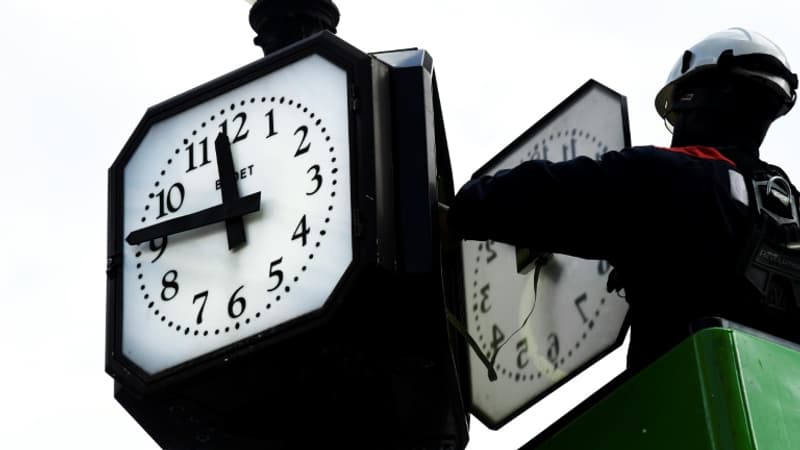At 2 am on Sunday, it will be 3 am The traditional transition to daylight saving time takes place tonight, as every year. If this passage is synonymous with one more hour of sun, it also goes hand in hand with less sleep.
For doctors, the impact on the biological clock is very real. As neurobiologist and sleep specialist Joëlle Adrien explained to BFMTV, this change from winter time to daylight saving time “increases the sleep debt.”
“You should know that we all have an hour less sleep on weekdays, which we try to make up on weekends. We will not be able to do it there,” the specialist explained.
A gradual adaptation
For Antoine Metlaine, a specialist in sleep pathologies, “the impact is not greater”, but it will continue to be visible “in the first week”. “But the biological clock will eventually adjust,” he assured our antenna.
What can be done to ease this transition? For Joëlle Adrien, a method of progressive adaptation must be adopted:
“You have to change a quarter of an hour every day [son heure de coucher, NDLR]four days before. As a result, on Sunday we don’t notice.”
François Duforez, a sleep doctor, advises you to avoid received ideas. “The mistake we can make is to think that by anticipating and trying to go to bed an hour earlier, we are going to make up for this possible deficit,” the doctor explained to BFMTV.
“On paper” this may seem like a good idea, but “in practice” “you have to let the biological clock catch up”.
This time change was introduced in 1976 to save energy. Often marked as obsolete, a draft directive, adopted in March 2019 by the European Parliament, should lead to the abolition of the time change in 2021.
Due to the Covid-19 pandemic, the decision was postponed and is currently off the agenda.
Source: BFM TV


